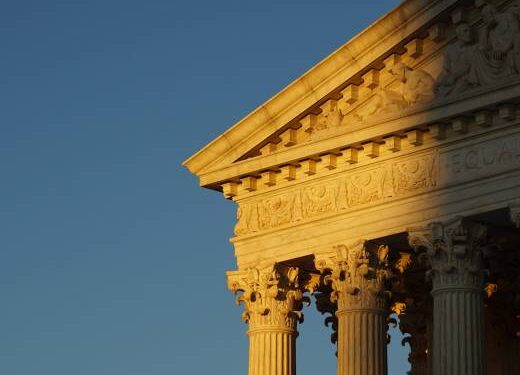The U.S. Supreme Court has delayed further discussions concerning Cunningham v. Cornell University until February 21, 2025. This case centers on claims that Cornell University contravened the Employee Retirement Income Security Act (ERISA) by partaking in prohibited transactions with two significant retirement service providers.
Cornell University argued that the plaintiffs did not present adequate evidence to substantiate their claims. Conversely, the plaintiffs asserted that shifting the burden of proof onto employees diminishes the protections established by ERISA. The lawsuit was initiated in 2016, with the plaintiffs alleging that Cornell’s dealings with the service providers breached ERISA’s stipulations against certain financial transactions with “parties-in-interest.” They are seeking to hold Cornell liable for these purported violations concerning their employee retirement and health plans.
Nicole Saharsky from Mayer Brown, representing Cornell, stated that the plaintiffs failed to meet the necessary legal criteria to move their claims forward, asserting that ERISA requires definitive proof of harm or wrongdoing. The attorneys for the petitioners contended that the onus of proof should rest with the fiduciary, citing Section 406 of ERISA, which prohibits specified financial transactions unless particular exceptions apply.
Discussion on Cornell ERISA Accusations
“It is entirely reasonable to place the burden on the fiduciary. They are the ones engaging in the transaction,” stated Yaira Dubin, one of the petitioners’ lawyers and a U.S. assistant solicitor general. Cornell’s legal representatives cautioned that allowing such cases to continue based merely on accusations could result in “frivolous lawsuits,” draining resources that could otherwise be allocated to valid employee benefits.
Chief Justice John Roberts and Associate Justice Brett Kavanaugh raised concerns about the potential expenses and burdens this might impose on employers. Associate Justice Ketanji Brown Jackson highlighted the importance of employee protections and questioned whether the existing legal framework too heavily disadvantages workers attempting to hold fiduciaries accountable. The Supreme Court rescheduled the session to provide additional time for discussion and plans to reconvene on February 21.
Final decisions are usually announced in late June. This ruling is poised to have a major impact on how ERISA-related cases are litigated and the distribution of responsibilities between employees and fiduciaries.


